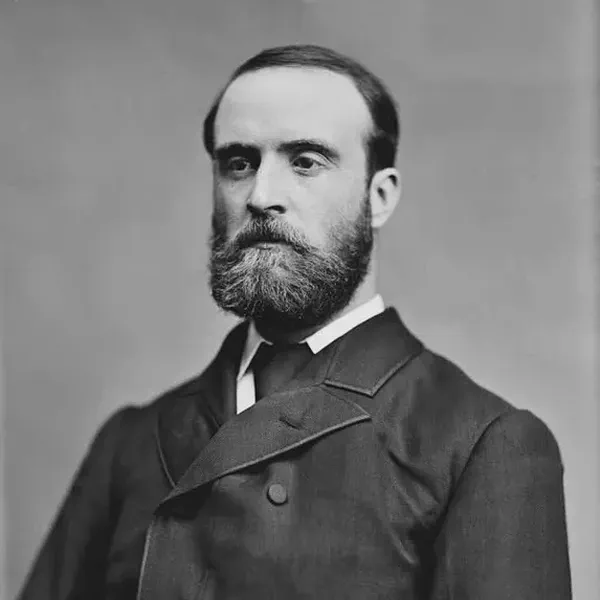On June 27, 1846 in Celtic History
Irish statesman, charles stewart parnell, is born

Charles Stewart Parnell (27 June 1846 ? 6 October 1891) was an Irish political leader and one of the most important figures in 19th century Ireland and the United Kingdom; William Ewart Gladstone described him as the most remarkable person he had ever met.[2] A future Liberal Prime Minister, Herbert Henry Asquith, described him as one of the three or four greatest men of the nineteenth century, while Lord Haldane described him as the strongest man the British House of Commons had seen in 150 years.
Charles Stewart Parnell was born in County Wicklow, of gentry stock. He was the third son and seventh child of John Henry Parnell, a wealthy Anglo-Irish landowner, and his American wife Delia Stewart, daughter of the famous American naval hero, Commodore Charles Stewart (the stepson of one of George Washingtons bodyguards). Commodore Stewarts mother, Parnells great-grandmother, belonged to the Tudor family and so could claim a distant relationship with the British Royal Family. John Henry Parnell himself was a cousin of one of Irelands leading aristocrats, Lord Powerscourt, and also the grandson of a Chancellor of the Exchequer in the Irish House of Commons, Sir John Parnell. Thus, from birth, Charles Stewart Parnell possessed an extraordinary number of links with a whole variety of elements of society; from the established Church of Ireland to which he belonged (and most of whose members were unionists) and the aristocracy through his cousins, the Powerscourts, to the old Irish Parliamentary tradition through his great-grandfather, the American War of Independence and the War of 1812 (where his grandfather had been awarded a gold medal by the United States Congress for gallantry) right to a distant link with the Royal Family. Yet it was as a leader of Irish nationalism that Parnell established his fame.
Charles Stewart Parnell is regarded as one of the most extraordinary figures in Irish and British politics. He single-handedly invented the modern political party with its whip, while having the power to make and unmake governments in the United Kingdom.
